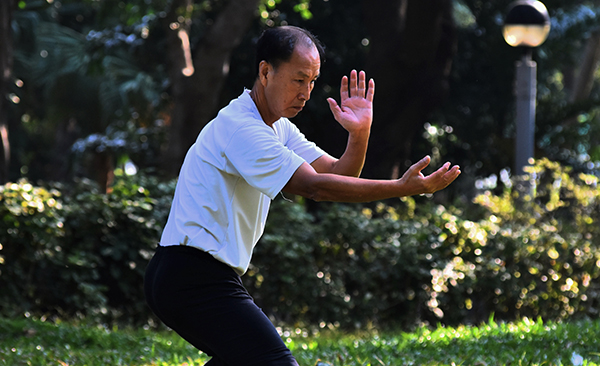Individual Counseling Insights brought to you by California Psychotherapeutic Resources, Inc.
Once again, there is light at the end of the tunnel. This time, though, it looks like it might be the real thing, and not another version of the pandemic locomotive coming at us. Virtually anyone (except for those under five years old) who wants to be vaccinated can be, free of charge. What’s more, the Omicron variant is in rapid decline, and — cross your fingers — there’s no new variant on the horizon. So, with almost all of 2022 still ahead of us, now may be the perfect time to really commit to making this a wonderful, productive year.

How to begin? It might be with your routine mental health habits. The fact is that little things can make a big difference not only in your attitude but even in your physical health. Writing for HuffPost, Amber Gibson makes the point by saying, “We can adopt healthy new habits to help incrementally improve our days, even if just for a moment. Sometimes, that’s more than enough.”
Looking for some suggestions to get you started? Gibson offers 22 tips, including some not-so-typical ones.
Start a gratitude journal. Research shows that gratitude is consistently associated with greater happiness. It not only has positive effects such as helping you deal with adversity and improving the quality of friendships, it also improves your health. Keeping a gratitude journal is a wonderful way of creating a habit of being grateful. It can be as simple as beginning the day by listing three things you’re grateful for in your journal.
Give acupuncture a go. Research clearly shows that acupuncture helps relieve pain, although it’s not so clearly proven that it can effect your state of mind or emotions. So if you believe western medicine is all that counts, acupuncture may not be for you. If you’re more open-minded and want to give it a try, go for it.
Watch a funny movie. Laugher is good for you. Perhaps the most striking illustration of this simple fact is found in a groundbreaking book by Norman Cousins, Anatomy of an Illness. It’s his remarkable story of being hospitalized with a crippling and irreversible disease, and then using laughter — and a huge amount of courage — to work toward regaining his health. The lesson: you have the power to improve your mental health, and laughter can bring you a long way closer to that goal. So, watch some funny stuff on TV!
Try moving meditation. Looking for an alternative to a workout in the gym? Try the ancient Chinese practice of Tai Chi. It recognizes the connection between mind and body — working the body and breathing rhythmically can have a remarkably calming effect on your mind. How-to lessons can easily be found on the internet.
Drink more green tea. “We won’t suggest giving up a beloved cup of coffee for tea,” says Gibson, “but it might be worth trying to drink more of it during your day. Studies demonstrate that it can reduce anxiety and enhance cognition and focus.”
These may not be typical mental health tips, but we’re not exactly living in typical times!